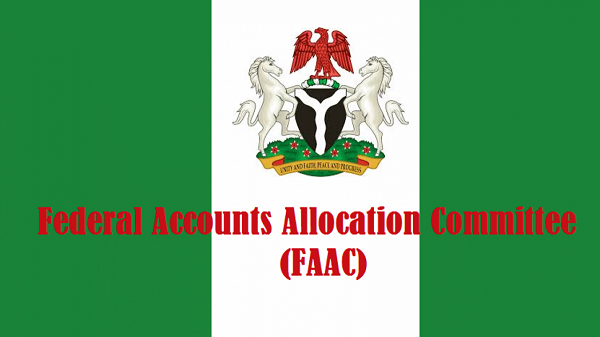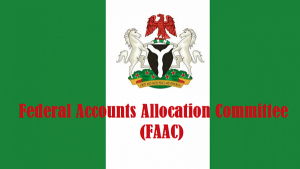
The Federation Account Allocation Committee has announced that the Federal Government, states and local government councils shared N2.225tn as revenue for August, marking an 11.2 per cent rise compared with the N2.001tn distributed in July.
The Office of the Accountant General of the Federation disclosed this in a statement by its Director of Press and Public Relations, Bawa Mokwa, after the FAAC meeting held in Abuja.
According to the statement, the distributable revenue comprised statutory revenue of N1.478tn, Value Added Tax of N672.903bn, Electronic Money Transfer Levy of N32.338bn, and Exchange Difference of N41.284bn.
It added, “Total gross revenue of N3.635tn was available in August. Deductions for cost of collection stood at N124.839bn, while transfers, interventions, refunds, and savings amounted to N1.285tn.”
A breakdown of the statutory allocation showed that the Federal Government received N684.462bn, states N347.168bn, and local government councils N267.652bn. Oil-producing states got N179.311bn as 13 per cent derivation revenue.
From the N672.903bn VAT revenue, the Federal Government received N100.935bn, states N336.452bn, while councils received N235.516bn. For the EMTL, N4.851bn went to the Federal Government, N16.169bn to states, and N11.318bn to councils.
In addition, N19.799bn from the exchange difference accrued to the Federal Government, N10.042bn to states, N7.742bn to councils, while oil-producing states received N3.701bn.
The FAAC report further revealed that gross statutory revenue of N2.838tn was recorded in August, representing a shortfall of N231.913bn compared to N3.070tn in July. However, VAT collections rose to N722.619bn in August from N687.940bn in July, showing a N34.679bn increase.
The committee explained that while oil and gas royalties, VAT, and CET levies recorded significant increases, collections from Petroleum Profit Tax, Import Duty, Companies Income Tax, Excise Duty and EMTL dropped.
President Bola Tinubu had earlier declared that Nigeria met its 2025 revenue target in August, largely boosted by non-oil sector earnings, which continue to play a growing role in stabilising government finances.







